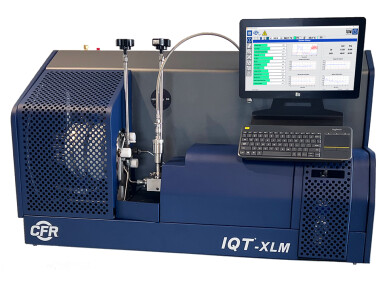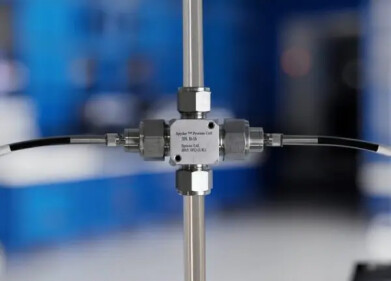Analytical Instrumentation
How Accurate Are Fossil Fuels Emissions Measurements?
May 02 2018
With climate change rapidly accelerating, CO2 emissions have emerged as a hugely controversial topic. Now, researchers from the Imperial College London have developed a way to precisely measure the impact of fossil fuels. Homing in on the state of California, the NASA-funded study is the first to independently check actual CO2 emissions and compare them to reported emissions.
Comparing estimates with specifics
Generally, most countries and commercial businesses report fossil fuel derived emissions by recording what resources they've used, then using the data to predict how much CO2 has been released into the atmosphere. For example, the latest figures from Carbon Brief suggests that after a 19% decline in coal use, fossil fuel derived CO2 emissions in the UK dropped by 2.6% in 2017. However, the Imperial College London researchers argue that due to different variables there could be uncertainty in such estimates.
It's no secret that carbon dioxide produced from fossil fuel combustion is the key driver of climate change. As a result, countries, governments and citizens across the globe are rallying to curb CO2 emissions. Measurable results are an important part of driving change, with the Imperial College London team asserting that they've developed a technique to estimate CO2 emissions using specific atmospheric data.
Keeping tabs on the Paris Agreement
The technique was tested in California over a period of three months and while it was able to confirm that reported and actual emissions were on par, the researchers warned that this may not be the case for other regions.
For the planet, the study champions atmospheric measurements as a way to monitor fossil fuel CO2 emissions and ensure that regions are meeting their targets. It could emerge as a powerful tool for keeping tabs on environmental accords like the Paris Agreement, which exists to reduce global greenhouse gas emissions and ensure the global temperature rise doesn't climb two degrees Celsius above pre-industrial levels.
Dr Heather Graven, lead author of the study says, “The Paris Agreement requires that ‘stocktakes’ are conducted every five years, but the details of how these will be conducted are not settled and are in need of input from researchers. Our study is the first example of how atmospheric measurements can help to check on fossil fuel CO2 emissions over an area large enough to encompass nations, provinces or states.”
For the latest industry news don't miss 'Bellows Pumps as the Foundation for Process and Emissions Analysis Sending Sample Gas Well on its Way', which introduces the latest technology from Bühler.
Digital Edition
PIN 25.5 Oct/Nov 2024
November 2024
Analytical Instrumentation - Picturing Viscosity – How Can a Viscometer or a Rheometer Benefit You? - Sustainable Grease Formulations: Evaluating Key Performance Parameters and Testing Method...
View all digital editions
Events
Dec 03 2024 Dusseldorf, Germany
Dec 08 2024 Anaheim, CA, USA
Turkey & Black Sea Oil and Gas
Dec 11 2024 Istanbul, Turkey
Dec 19 2024 Aurangabad, India
Jan 20 2025 San Diego, CA, USA



















